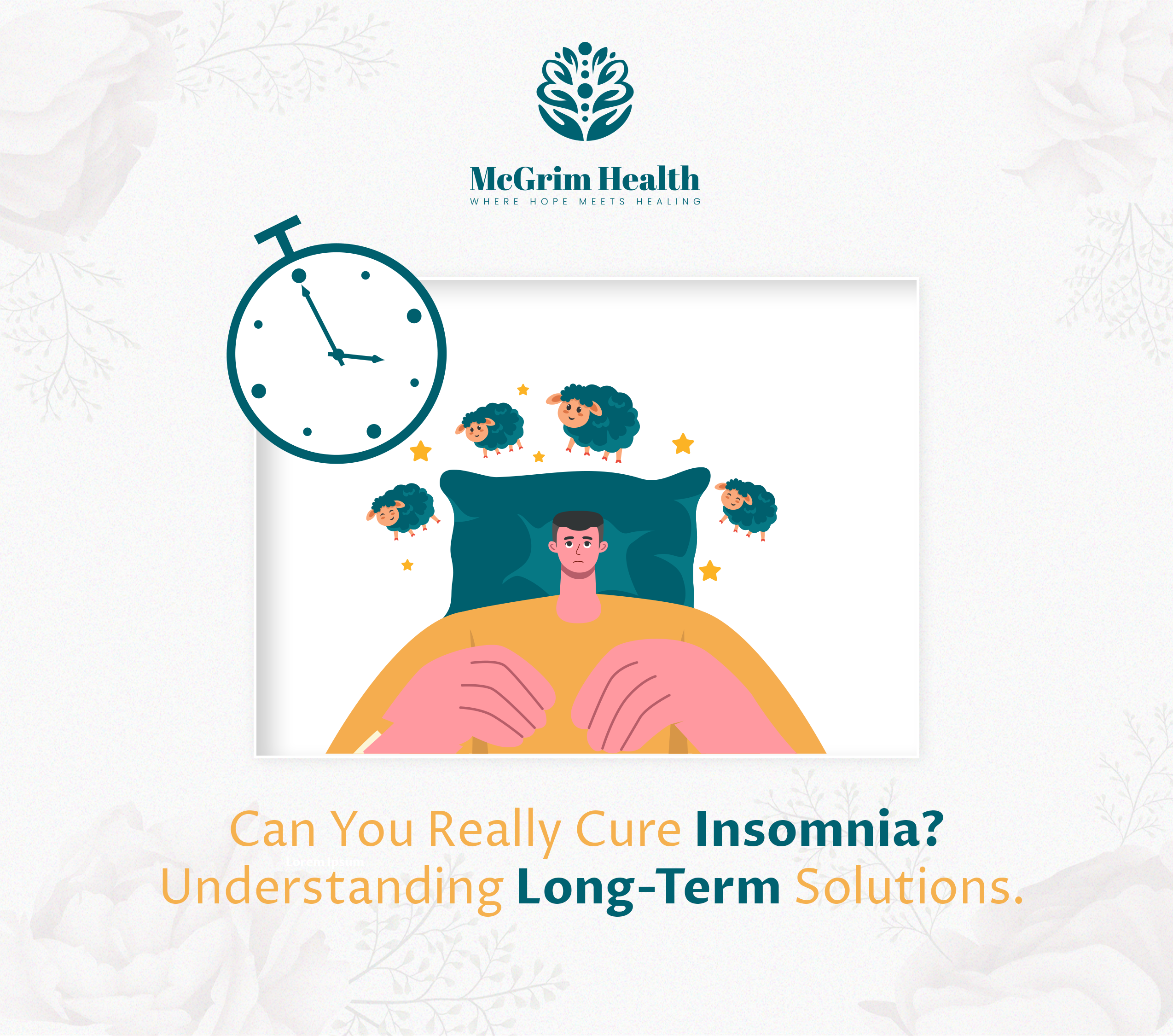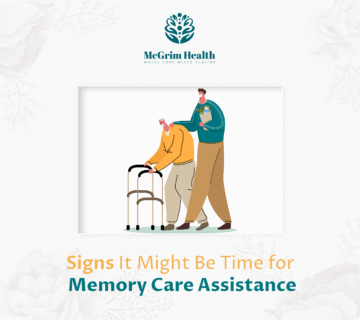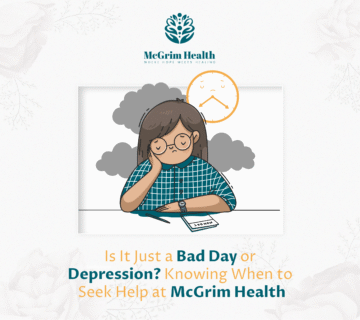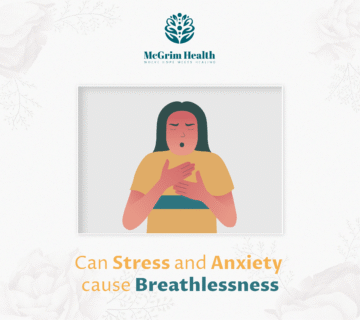Can You Really Cure Insomnia? Understanding Long-Term Solutions
Have you ever felt drained but couldn’t rest? Maybe you paid attention to the watch or shifted in bed, hoping to drift off. If this happens often, you might have insomnia.
So, can insomnia really be cured? Or is it something people must live with?
Below, we’ll explore what insomnia is, why it occurs, and how to find lasting solutions, not quick fixes.
What Is Insomnia?
Insomnia describes issues with getting to sleep, staying asleep, or waking up too early and failing to snooze again.
People with insomnia often feel tired during the day. They may also struggle to focus, feel irritable, or get sick more often.
Two main types are out there:
- Short-term Insomnia: Sometimes just for a few days and up to a couple of weeks. It has a sudden onset and is sometimes provoked by stressors such as life changes, work pressure, and sickness.
- Chronic Insomnia: Exists if the sleep problem persists for one month or longer; generally, the problem is more complicated to deal with.
At McGrim Health, we design treatment to your sleep needs, whether your insomnia is acute or chronic.
Is Insomnia Cured?
It is influenced by the individual and the purpose of the insomnia. No single “magic pill” works for everyone, but the good news is that most people can overcome insomnia with the right approach.
Sleep is natural. When we identify and remove what blocks it, sleep usually returns.
At McGrim Health, we enable you to reclaim your nights by removing the barriers that block restful sleep.
Understanding the Causes
Knowing the cause of insomnia is the only solution to remedy it. Common reasons for sleeplessness are as follows:
-
Stress and Anxiety
By definition, stress will take away your sleep. If your mind is preoccupied with several thoughts, it will be hard for it to be relaxed.
-
Bad Sleep Hygiene
Times of going to bed, accessing phones in your bedroom, or consuming caffeine too late can hurt sleep.
-
Health Problems
Several physical conditions may disturb you from sleeping, including pain, for instance, asthma, or frequent urination at night.
-
Mental Health Conditions
Anxiety and depression are some of the diseases that cause and worsen insomnia. We know at McGrim Health that the connection between sleep and mental health is extremely deep.
-
Medicines
There are also medications, such as for allergy, asthma, or depression, which could have adverse effects on the patient’s sleep.
What Are Long-Term Solutions?
At McGrim Health, our approach is built on compassionate, personalized care. We don’t believe in just masking symptoms. We believe in guiding you toward sustainable, long-term sleep solutions. Let’s find out what functions in reality.
-
Cognitive Behavioral Therapy for Insomnia (CBT-I)
Talk therapy that helps to change thoughts and behaviors blocking sleep from occurring.
CBT-I will help you:
- Replace negative thoughts about sleep with positive ones.
- Establish a positive sleep routine.
- Relax the body and mind before bedtime.
CBT-I is the most effective long-term treatment for chronic insomnia. Studies show it outperforms sleeping pills.
-
Healthy Sleep Habits (Sleep Hygiene)
Good sleep follows good habits. here are the tips on how one can inform their body that it is time to rest:
- Go to bed and wake up at the same time daily, even on weekends.
- Having your bedroom crisp, blacked-out, and quiet.
- Don’t watch electronic pieces like TV, phone, or a computer for an hour before sleep.
- No consuming coffee, tea, or soda in the afternoon.
- Keep your daytime dozing to 20-30 minutes.
-
Relaxation Techniques
If worry or stress steals your sleep, work on relaxing your body to clear your mind. You can try:
- Deep breathing. Take a long breath, hold tight, then let it flow.
- Progressive muscle relaxation. Tense and relax the muscle groups one by one.
- Meditation or mindfulness. Sit quietly and focus on your breath or something constructive.
-
Exercise and Move
Getting at least some exercise during the daytime will enhance your sleep ability at night. You should strive for at least 30 minutes of activity virtually every day.
Walking, or stretching, will do nicely to avoid any exercising just before bedtime, since exercising can keep you awake.
-
Avoid Alcohol and Nicotine
Some swear by alcohol to help with sleep, but it disrupts it. Nicotine’s stimulating action only adds to the difficulty of falling asleep.
-
Natural Light Exposure
Our bodies have a natural clock called the circadian rhythm. Sunlight keeps this clock in sync. Try to spend time outdoors daily. In the early hours, draw back your curtains or sit by a sunlit window.
What About Medications for Insomnia?
Sometimes, short-term medical support is necessary while you build long-term habits. At McGrim Health, we carefully evaluate and prescribe medications such as:
- Non-benzodiazepine sleep aids
- Melatonin receptor agonists (e.g., ramelteon)
- Sedating antidepressants (for patients with co-occurring anxiety or depression)
We only recommend medications when appropriate, and always as part of a comprehensive sleep treatment plan.
We don’t self-medicate because our providers keep your safety under watch, track how you progress, and taper when it is time.
Is Insomnia Different for Older Adults?
Elders are more likely to wake up in between their night as a result of sleeping lightly or frequent bathroom visits. Insomnia is, however, not an inevitable part of aging. Older people still need between seven and eight hours of sleep every night.
Sunshine, exercise, and consistency generally help with insomnia, even for the elderly. At McGrim Health, we facilitate the re-establishment of quality sleep in older adults through safe, personalized care.
Conclusion
Insomnia can be treated, and in many cases, resolved when we understand the causes and apply the right tools. It won’t happen overnight, but with patience, support, and expert care, restful sleep is within reach.
At McGrim Health, we realize that calmness begins with restful sleep. If you’re dealing with acute sleeplessness or chronic insomnia, we’re here to help. We give guidance, suggest the correct medication, and support you in recovering your nights and days.
Let us help you with the well-deserved sleep. Contact McGrim Health and take the first step to quiet nights and a healthy mind.
FAQs
Can Kids experience insomnia?
Absolutely. Changes in routine, nighttime fears, or screen time before bed can affect children’s sleep. Establishing a calming bedtime routine can help. At McGrim, we support families with sleep challenges using gentle, age-appropriate strategies.
What’s the most effective sleep timetable for insomnia?
Create a regular sleep schedule, even on weekends. Neglect naps and aspire to 7–9 hours of nightly repose.





No comment